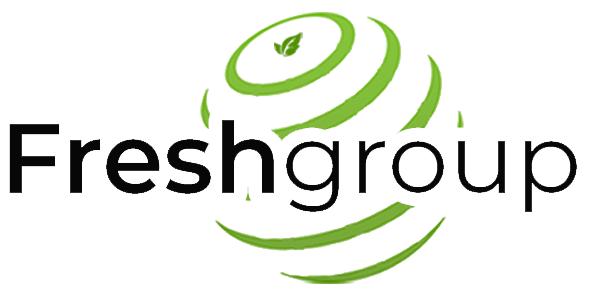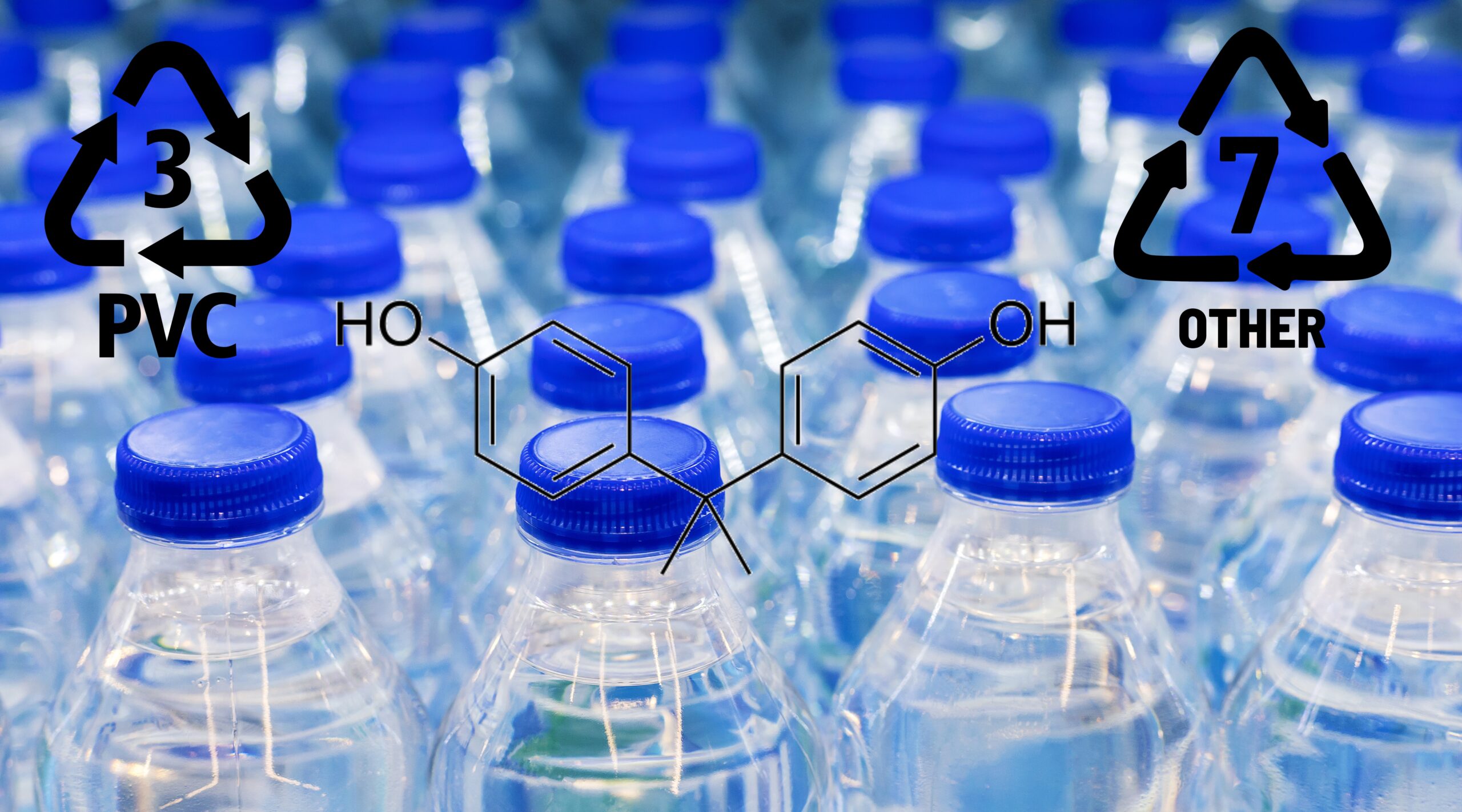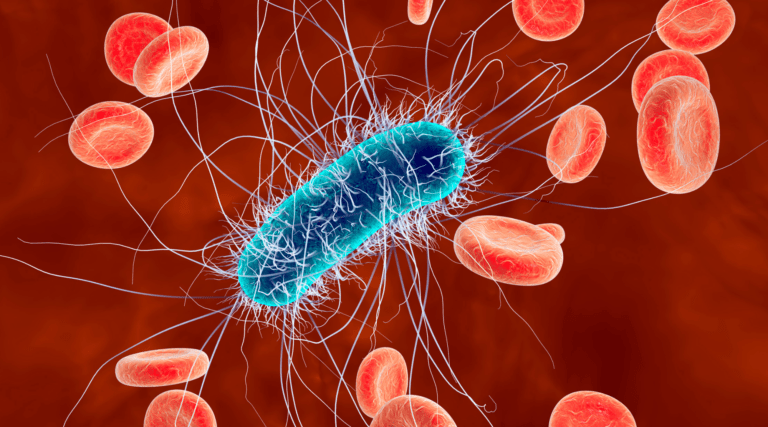The European Commission is moving forward with a comprehensive ban on Bisphenol A (BPA) and other harmful bisphenols in food contact materials. This landmark decision is set to enhance food safety and further protect consumers from potentially hazardous chemicals. But what exactly does this mean, and how will it affect the food industry? Let’s dive into the details.
What is Bisphenol A (BPA) and Why is it a Concern?
BPA is a chemical compound that has been widely used for decades in manufacturing materials that come into direct contact with food. These include epoxy resins used to coat metal food and drink cans, as well as durable plastics like reusable water bottles and food processing equipment. BPA is also found in other substances like adhesives and printing inks, which are used in packaging and food-related products.
Food contact materials aren’t just limited to packaging. They encompass anything that touches food during production, processing, transport, storage, or even at home—think cookware, plates, cups, and even your office coffee machine. While these materials are often made from plastics, they can also be composed of metals, ceramics, glass, rubber, and paper. The problem arises because chemicals like BPA can migrate in small amounts from these materials into the food or drink they contain, potentially posing health risks to consumers.
The Health Risks of BPA
Recent studies, including EU-funded research under the HORIZON 2020 program, have found BPA in the urine of 92% of adults across 11 European countries. In fact, BPA levels in many individuals exceeded the safety thresholds set by the European Food Safety Authority (EFSA). This chemical is known to disrupt hormone systems and has been linked to various health concerns, including immune system impacts at much lower levels of exposure than previously thought.
A Long Journey of Safety Evaluations
The EU has been closely scrutinizing BPA for years. The European Food Safety Authority (EFSA) first assessed its risks in 2007, and since then, a series of regulatory measures have been put in place to reduce consumer exposure. For example, BPA was banned in baby bottles in 2011, and its use in plastic packaging for food intended for babies and children under three was prohibited in 2018. In addition, BPA was banned from thermal paper receipts under the REACH Regulation in 2020.
Yet, concerns over its potential risks continued to mount. A 2023 EFSA opinion concluded that current exposure to BPA posed a risk to consumers, especially concerning its effects on the immune system. As a result, the European Commission proposed a complete ban on BPA in food contact materials in July 2023, which was approved by EU Member States in June 2024. Now, with the European Parliament and the Council also on board, the ban will soon become EU law.
What Does This Ban Mean for Consumers and the Industry?
This ban will significantly impact the use of BPA in food contact materials. It will apply to items like food packaging (especially metal cans), as well as consumer products such as reusable plastic water bottles, kitchenware, and water coolers. While there are limited exceptions—such as BPA’s use in some filtration membranes necessary for food safety—these will be carefully reviewed over time.
For businesses, the transition will involve adjustments to comply with the new regulations. The European Commission has introduced transition periods to allow the industry time to adapt and avoid disruptions to the food supply chain. The goal is simple: to reduce consumer exposure to BPA and ensure that food contact materials are safe for everyone.
Looking Ahead: What Other Changes Are Coming?
The BPA ban is just one part of the EU’s broader efforts to enhance food safety. Ongoing work is being done to revise the entire food contact materials legislation. The aim is to streamline the rules, ensure better clarity across various materials (not just plastics), and ultimately provide stronger consumer protection. The revision will also include more restrictions on harmful chemicals, supporting sustainable alternatives, and aligning food contact materials regulations with broader consumer product safety standards.
A Safer Future for Consumers
By banning BPA and other harmful bisphenols, the European Commission is taking a crucial step to safeguard public health. This move not only reduces consumer exposure to toxic chemicals but also encourages industry innovation toward safer, more sustainable food contact materials. As food safety regulations continue to evolve, the ultimate goal is to ensure that the materials that come into contact with our food are safe, sustainable, and conducive to better health for all.
For businesses in the food sector, it’s essential to stay ahead of these changes, ensuring compliance and preparing for a future where food safety is more important than ever.
The future of food safety is here, and it’s healthier, safer, and more sustainable for everyone.
Source: EFSA
Reach out to Fresh Group Food Safety And Quality Consulting for any inquiries related to food quality and safety.




